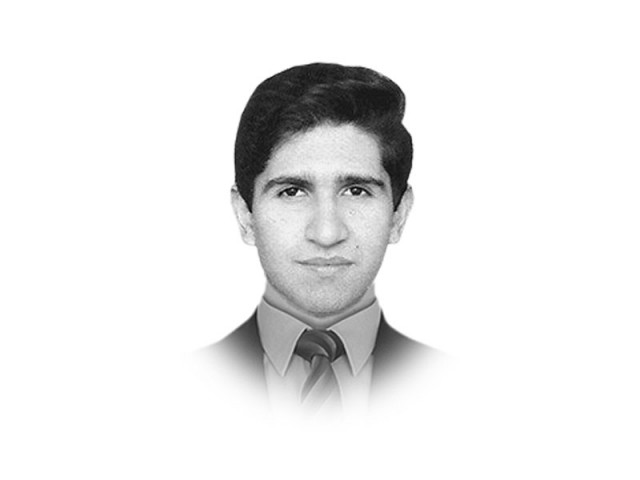Security doctrine orientations
Hegemonic postures tend to not only give global orientation, but will also intentionally diffuse context of enemy.

The writer is a PhD in conflict studies and an independent security analyst. He has also taught at the University of Central Lancashire, UK
As society is always evolving, a security doctrine also changes with how the society in a state views its relationship with the world, as well as societal roles within the society itself. These ideas shape how the society views itself vis a vis the rest of the world, which in turn shapes threat perceptions. Put simply, the way you view yourself is also the way you will view others around you. For instance, Kal Holsti has clarified roles for nations' perceptions of the others, and has come up with 17 of these roles. These role definitions classify the state as thinking of itself in the role of an ally, imperialist, protector, etc. All of these roles are oriented towards a nation's conception of itself through connectivity to other states. Richard Herrmann and Michael Fischerkeller have also elucidated such roles, these being of an enemy, ally, degenerate, imperialist and colony, which are also externally oriented. These roles change over time with changes in the external and internal environment. For instance, with the collapse of the Soviet Union, the US had to radically realign its roles in the world, which reduced its orientation of a helper to more of an imperialist.
Hegemonic postures will tend to not only give a global orientation, but will also intentionally diffuse the context of the enemy. Thus, instead of a clearly identifiable enemy, esoteric threats such as chaos, 'terror', instability, etc. will become dominant themes — as then president George Bush articulated the US strategy even before the Persian Gulf War, “as the world's most powerful democracy, we are inescapably the leader, the connecting link in a global alliance of democracies. The pivotal responsibility for ensuring stability of the international balance remains ours." Since a hegemonial state usually has more than one such indistinct enemy, it will also try to keep its options open by entering into alliances of convenience, which are easily retractable. Hegemons and ideational states share the ideational orientation, which concentrates on the values that a nation cultivates, and perceives threats to these values from enemies who are opposed to such ideals. Such states will tend to try to dominate or influence world to bear weight for carrying out their agendas of ideational protection. The Cold War was a classic example of this ideational environment, where rivals considered each other's ideologies hostile and sought to not only influence world opinion towards their own norms, but also to pressurise global bodes to ostracise the others’ views. However, ideational values are by no means idealistic; states will pay lip service to their freedoms while tacitly or implicitly encouraging curbing of the same in other areas if it suits the balance of power. The US is a classic example as it clearly supported authoritarian regimes during the Cold War to serve its balance of power orientation.
Historically, militaries all over the world have not been able to prepare an ideally balanced force, which could deal with all sorts of uncertainties and enemies. This is not due to flawed planning, but due to the expansive range of uncertainties that one faces while predicting the future. Paul Kennedy reminds us, again with the US in mind: "Since it is not humanly possible to prepare for everything that may happen in the unpredictable and turbulent world of the early 21st century, the task is to structure the armed forces and the economy and society upon which they rest, to be in a good position to meet contingencies".
Published in The Express Tribune, April 7th, 2013.















COMMENTS
Comments are moderated and generally will be posted if they are on-topic and not abusive.
For more information, please see our Comments FAQ